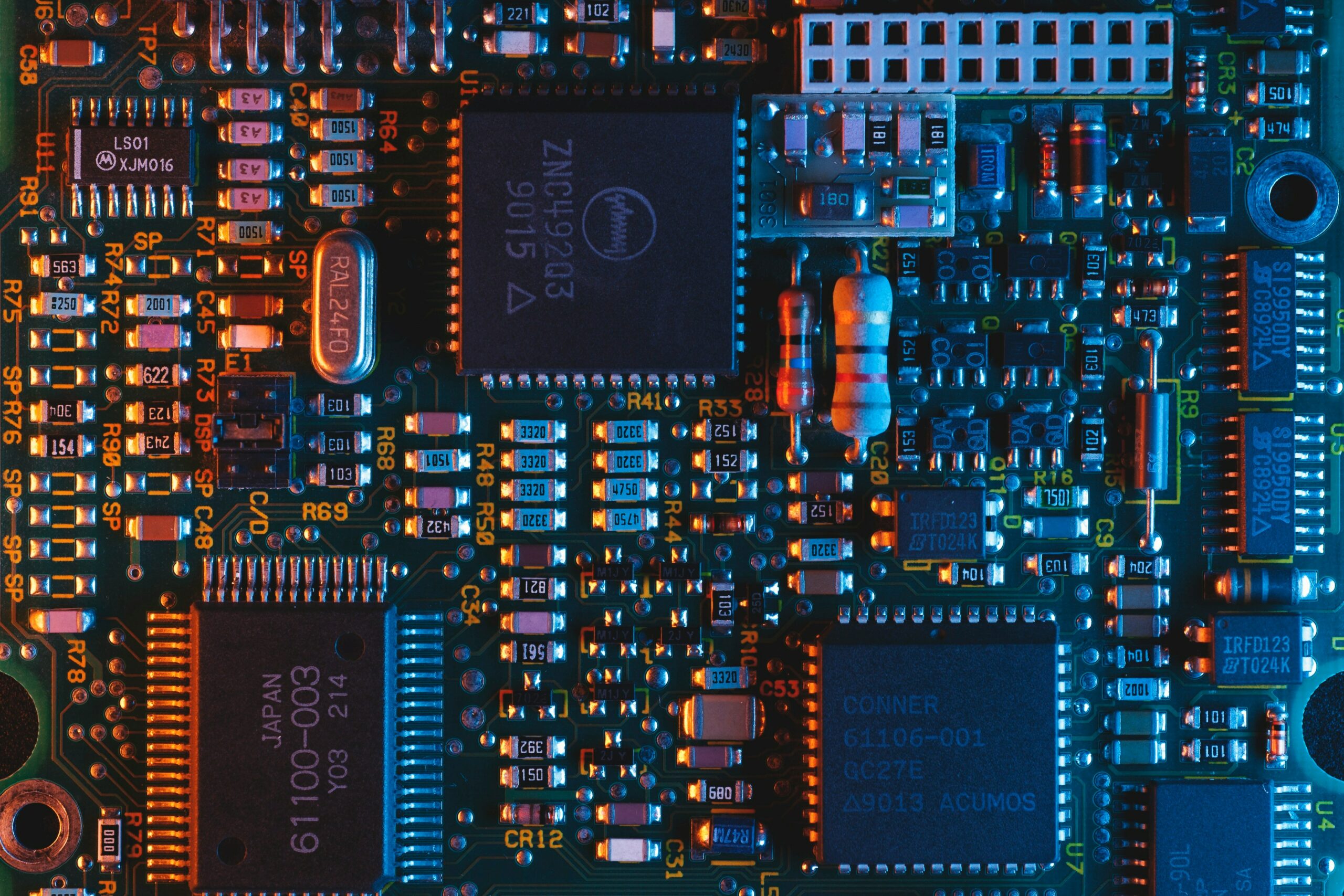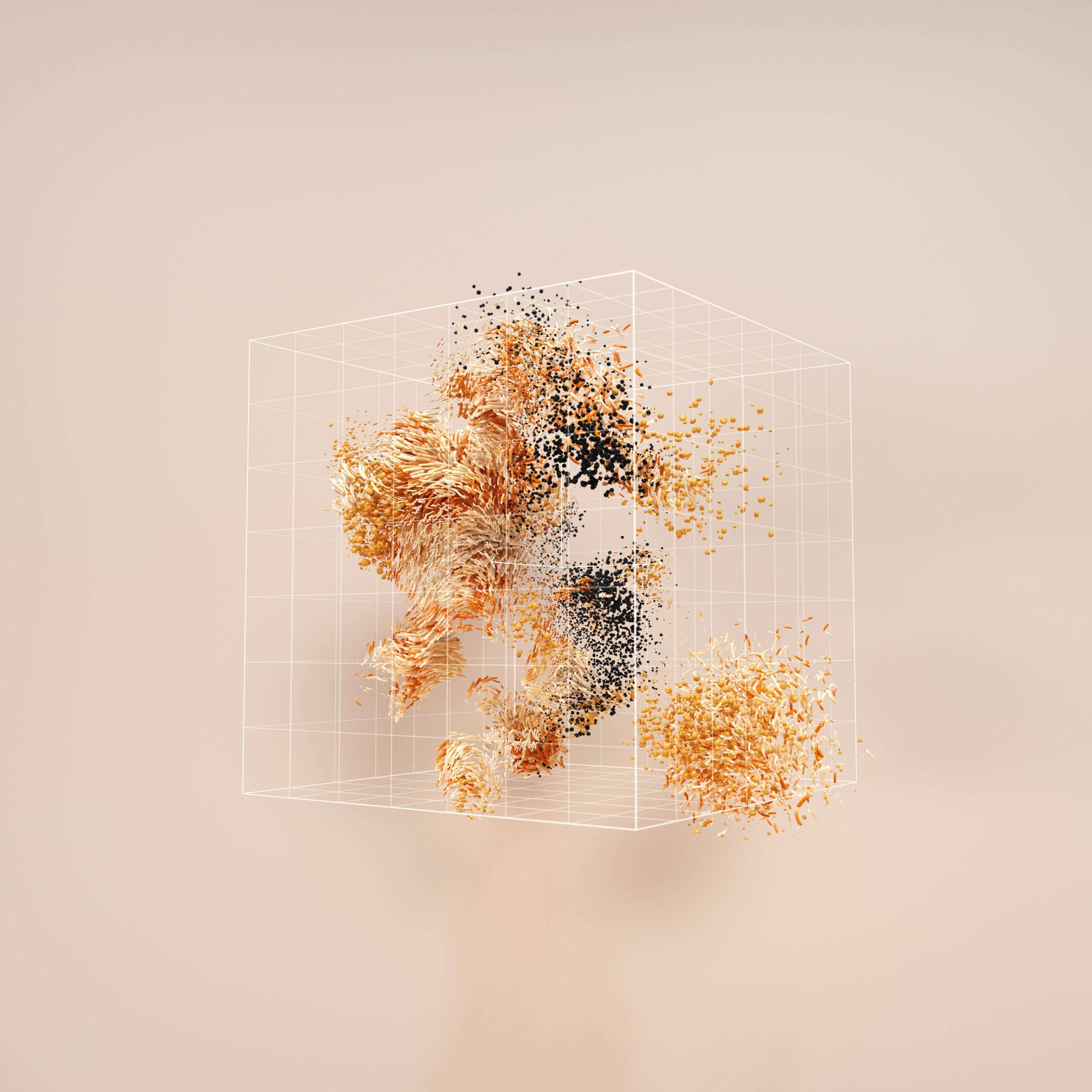Will quantum computing replace classical computers? Recently, Google unveiled a new quantum chip, Willow, that made waves in the computing community. Highlights of the development included reduced quantum error with increased qubit usage and the ability to compute solutions to problems that would otherwise take computers 10 septillion years to solve. The implications of these developments can not be understated: quantum computers are fast becoming a reality in solving regular world problems. When compared to classical computers, they seem to be breaking barriers. Among these many articles, hints at a possible “quantum supremacy” have been made.
Yet as quantum expert Professor Alan Woodward from Surrey University says in an article by BBC on Google’s technology, one must be cautious when comparing quantum computers with classical ones.
He says to BBC, “One has to be careful not to compare apples and oranges.”
In other words? Quantum computers will not truly replace the computers we see around us today. Instead, they may be used to solve different problems that best fit each device’s capabilities.
However, this calls into question quantum supremacy. Some argue that quantum computers will be shown to be definitively better at solving problems than classical computers. But is this true? To understand the question, we must first understand the intersection of quantum and classical computers.
What are the different computing options?
Generally, one may summarize computing algorithms for large scale data into three key categories: pure quantum algorithms, variational (hybrid) quantum algorithms, and algorithms optimized for high performance computing.
Pure quantum algorithms are devised solely with quantum computers in mind. That is, they are intended to rely solely on quantum mechanical properties in their computations. For example, Shor’s algorithm for finding prime factors of integers is commonly regarded as one such example. Several algorithms can be run on current quantum devices, albeit ineffectively due to limitations regarding high noise and error. Others assume ideal quantum computers with sufficient qubit count and long enough coherence times. While there is yet to be technology capable of supporting these other algorithms, they nonetheless demonstrate the potential of more well-developed quantum technology. Lastly, there exist algorithms that may be simulated effectively on classical computers. These classical computers may calculate the expected behavior of the quantum computer. However, this hinges on the assumption that the resource requirements to perform these computations are within the limitation of classical computers. As the problem scales, the ability of classical computers to keep up with the resources required to compute the solution will falter.
Variational quantum algorithms (VQAs) are now considered a “hot topic” in the research realm. They combine quantum calculations with classical computers, earning them the alternative name of hybrid quantum computers. These algorithms have proven effective in an age of technology that still awaits fault-tolerant quantum computers. In some cases, classical optimizers may be used to train some parametrized quantum circuits to achieve the intended result (as described in this paper). These have proven useful in the likes of simulating molecular interactions and structures in quantum chemistry, alongside well-defined optimization problems in logistics.
See also: Valuable Near-Term Quantum Applications
High performance computing (HPC) is on the other end of this spectrum, describing classical-only devices that leverage parallelization to simulate quantum algorithms. HPC algorithms are able to take a large problem and break them into smaller subproblems, which may be simultaneously calculated. Research in HPC algorithms extends past that of quantum algorithms, but its ability to parse and compute solutions to large problems makes them a definitive future for computing that is scaled to large degrees.
Comparing Apples to Oranges
As may be indicated, these three genres of computing algorithms lay on a spectrum of sorts. On the one hand exist processes that rely solely on quantum algorithms and on the other algorithms that are purely classical.
A brief investigation of their applications quickly reveals that their approaches to solving problems differ. As such, the problems for which these algorithms are best suited to solve will vary.
While both quantum and HPC devices provide parallelization. For example, quantum algorithms may simultaneously leverage entanglement between qubits. HPC devices, on the other hand, are not as burdened with encoding cost (that is, setting up the problem before computing the solution) as quantum computers are. These are all factors that must be taken into account when selecting the device on which a problem is to be solved.
As such, calling for the complete replacement of classical computers with quantum hardware gives a glimpse into a part of the full story. Rather than replacing these devices, researchers are looking to leverage the capability of quantum computers in select areas where they are best suited.
In other words, the term “quantum supremacy” does not disclose the more complex reality of this comparison between quantum and classical computers. Perhaps “quantum advantage” better describes the situation, as it provides a strengthened ability to solve certain problems in specific areas.
The term has made its rounds in the research community and gradually is replacing the heavily skewed implications of “quantum supremacy.” All in all, the future of computing is exciting, and the plausibility of HPC algorithms, variational quantum algorithms, and the like continuously breaking barriers make technological developments all the more worth looking forward to.
See also:







